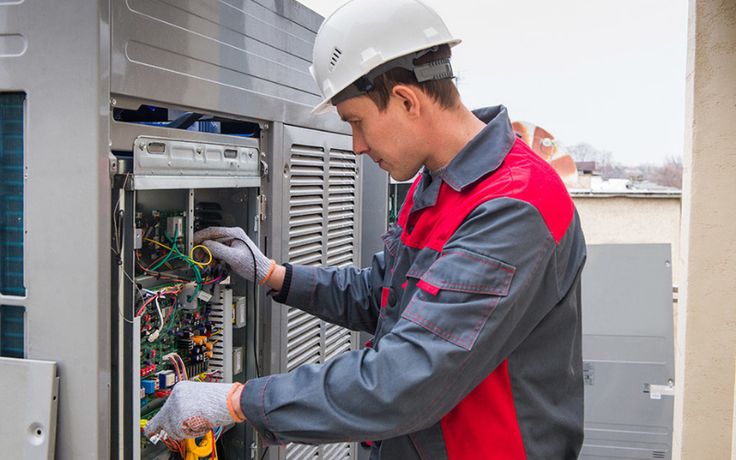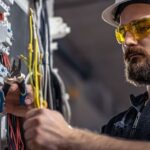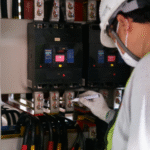
The HVAC industry is evolving rapidly, driven by innovations that prioritize energy efficiency, sustainability, and smarter climate control. One of the biggest advancements is the rise of smart HVAC systems, which integrate with home automation technology, allowing users to control temperatures remotely and optimize energy consumption through AI-driven learning. These systems adjust heating and cooling based on occupancy patterns, significantly reducing energy waste.Technicians enrolled in an HVAC technician course learn how to work with these advanced systems.
Another breakthrough is the development of eco-friendly refrigerants. With traditional refrigerants being phased out due to environmental concerns, newer, low-global-warming-potential (GWP) alternatives are becoming the standard, making HVAC systems greener and more sustainable.Knowledge from hvac programs in Texas prepares technicians to handle these new refrigerants safely and efficiently.
Variable Refrigerant Flow (VRF) technology is also transforming the industry by offering more precise temperature control and zoning capabilities. VRF systems adjust the amount of refrigerant sent to different areas of a building, improving comfort and reducing energy costs.
Moreover, renewable energy integration is on the rise, with more HVAC systems incorporating solar power and geothermal heating solutions to minimize reliance on traditional electricity sources.
For HVAC technicians, this technological shift means exciting opportunities. The demand for skilled professionals who understand smart systems, advanced diagnostics, and environmentally friendly solutions is growing. Staying updated on these innovations—and earning certifications in emerging technologies—will be key to thriving in the future of HVAC.



